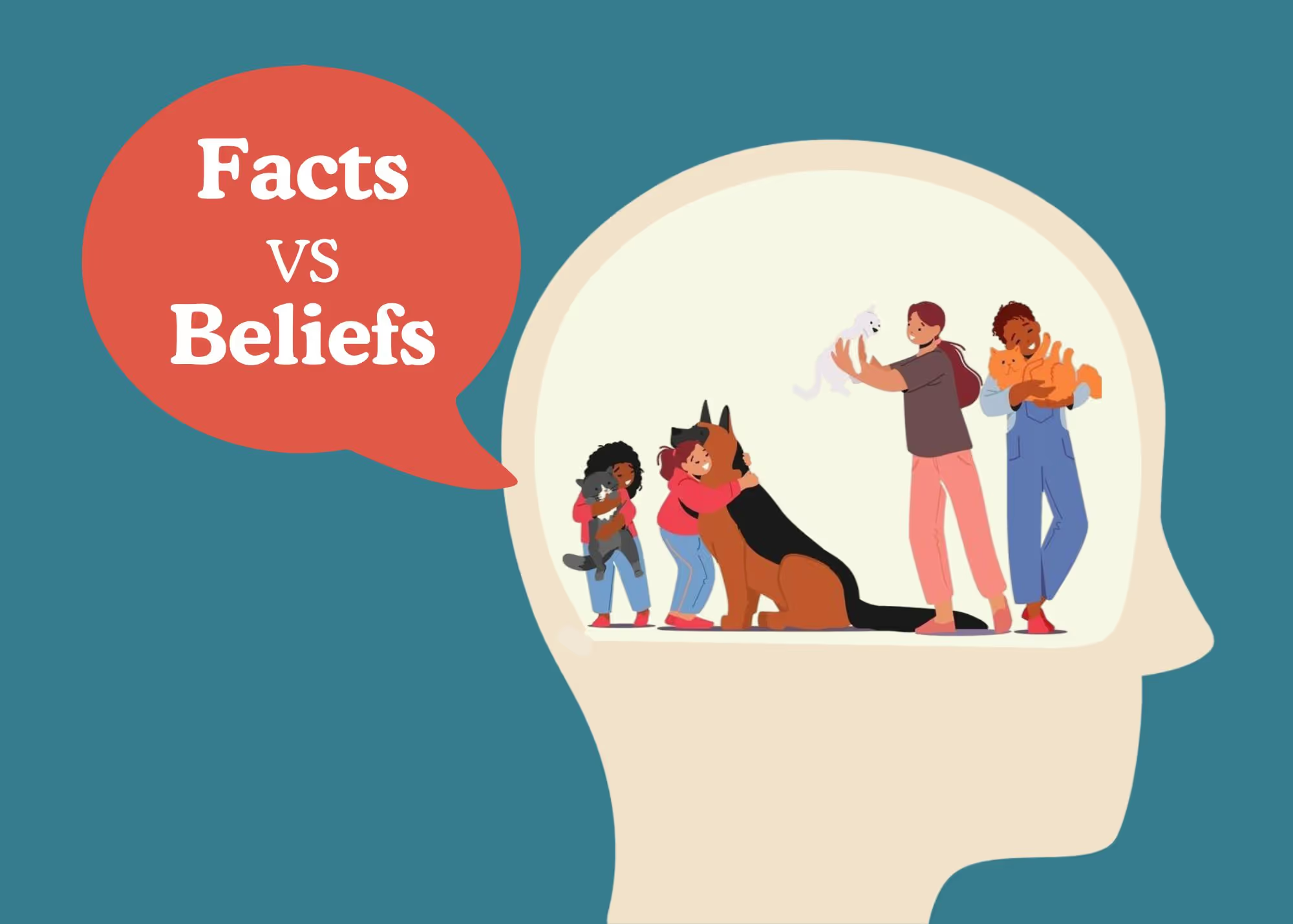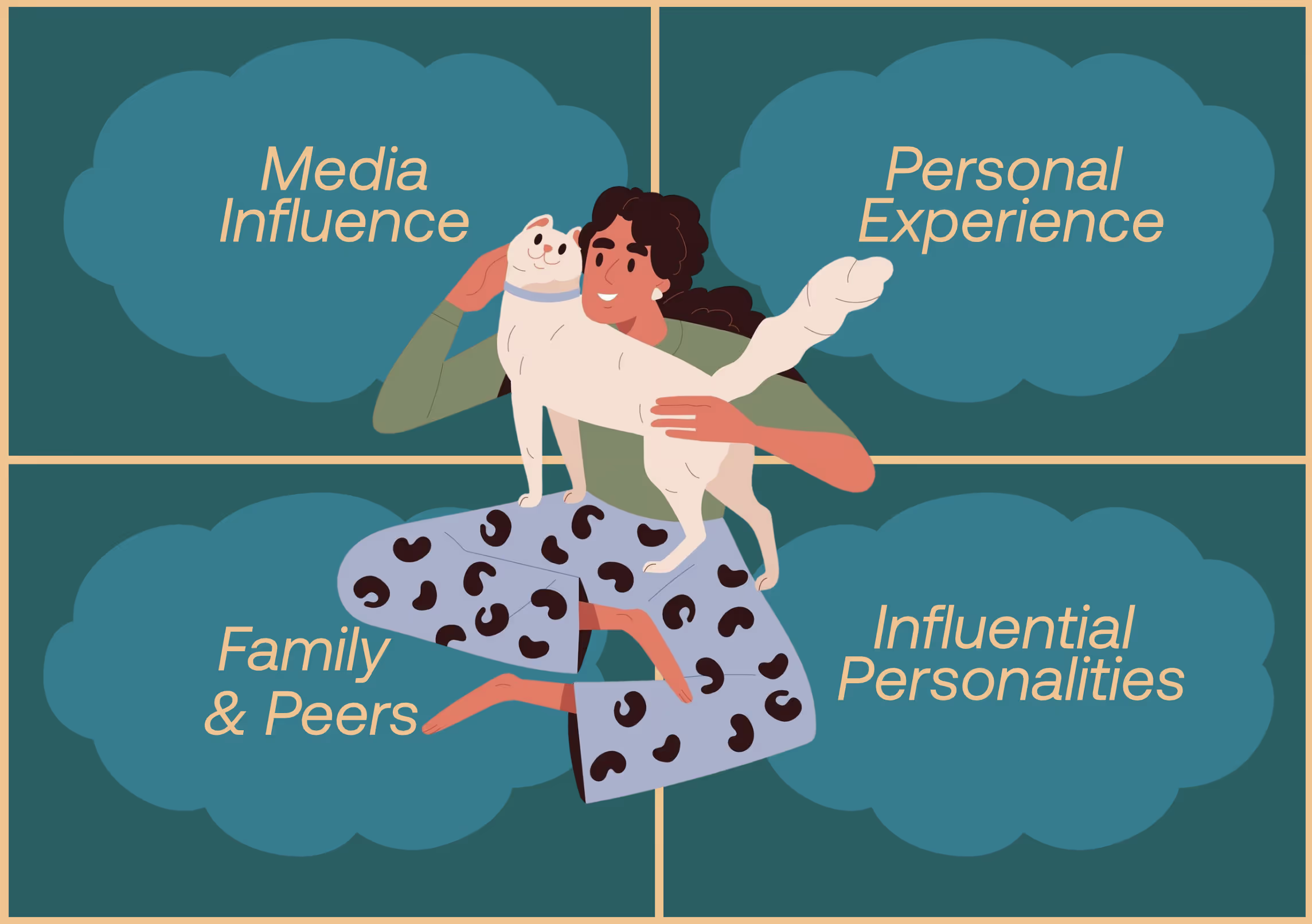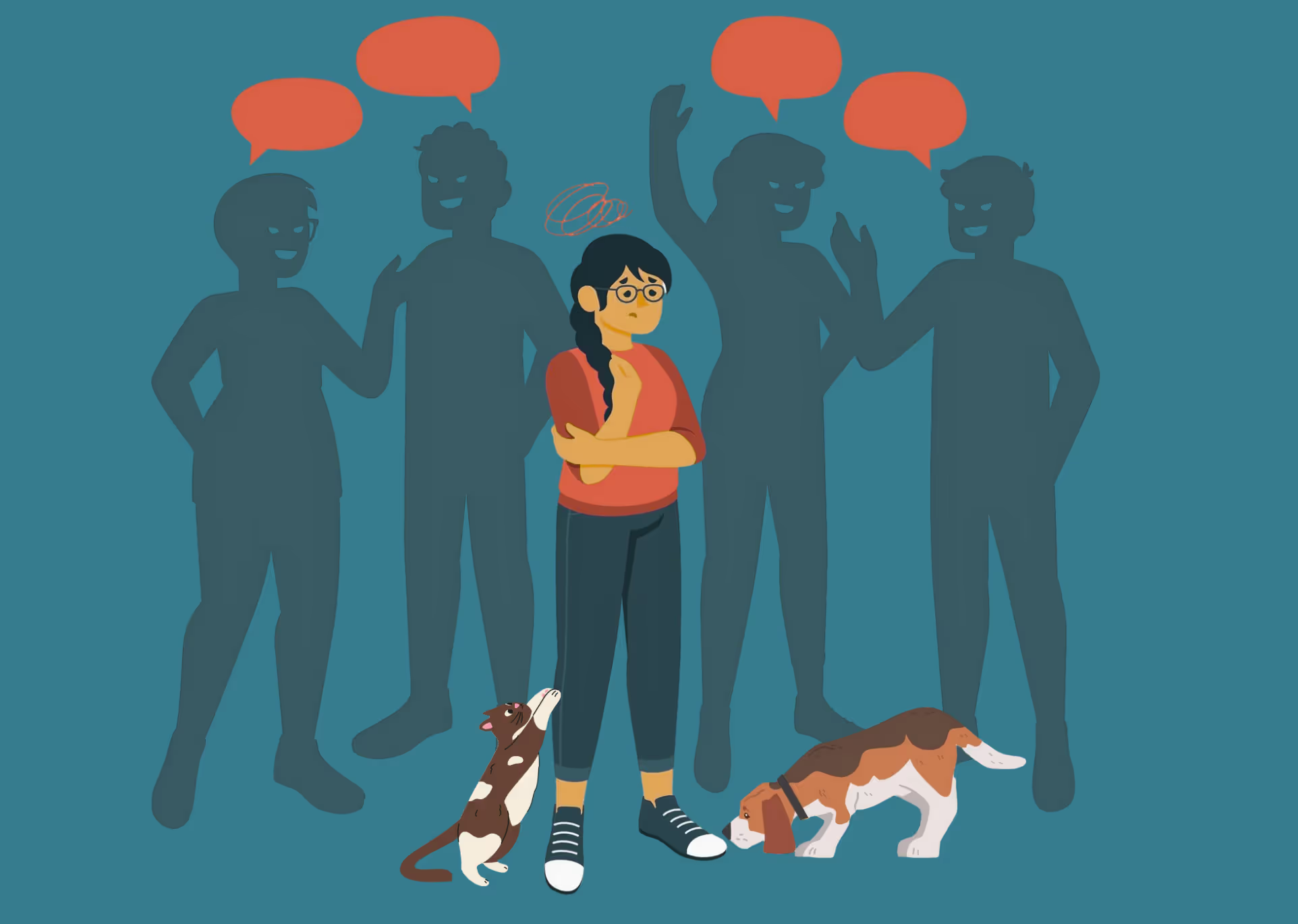We need empathic listening to help animals
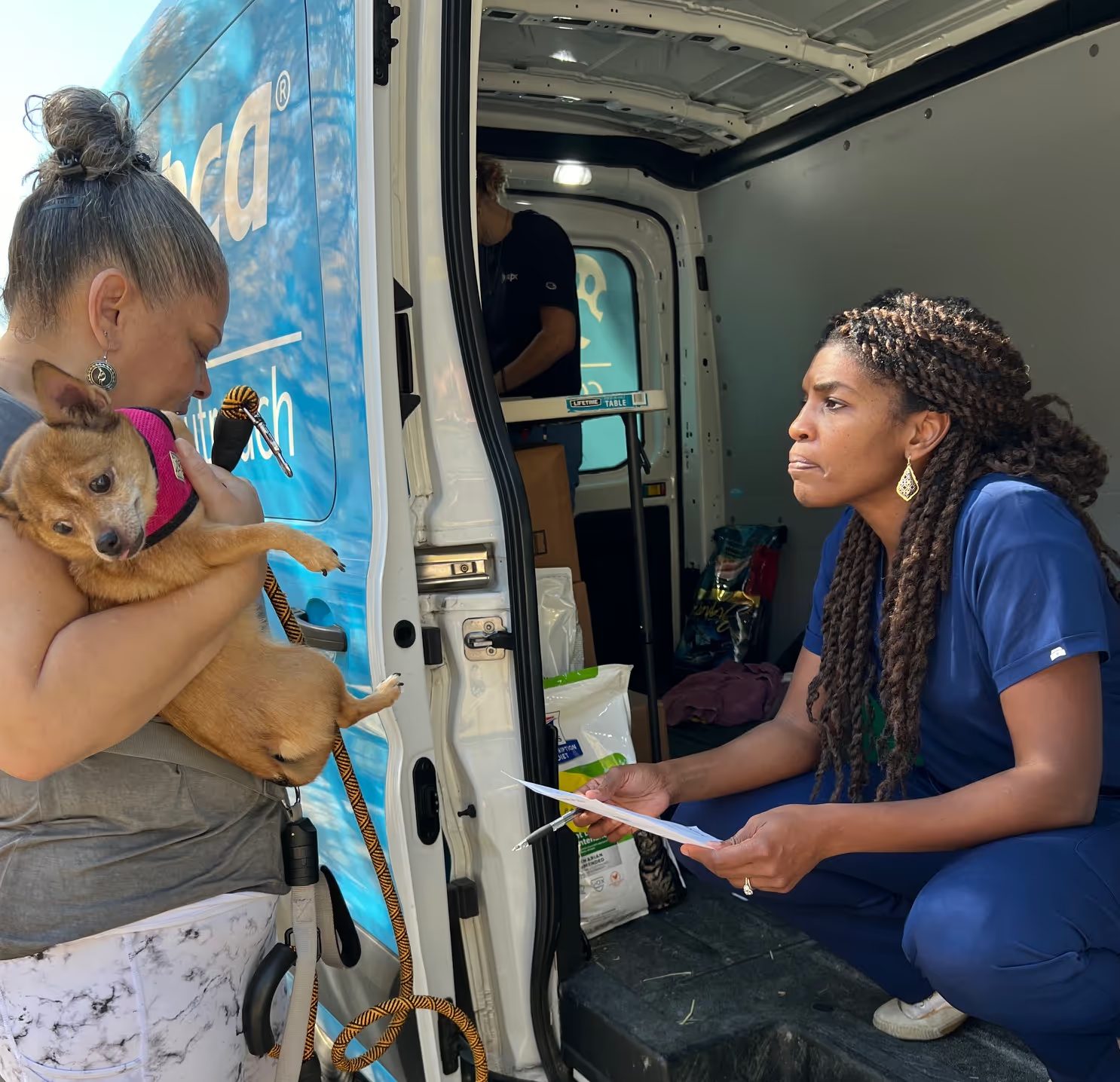
<3 minute read>
Mental Shortcuts
Think about the times you've been sharing something meaningful, and the person you thought was listening changed the subject, was distracted, or gave irrelevant advice. You know when someone isn't interested or focused on what you have to share. It's uncomfortable or even painful to have your experiences and insights ignored.
Ironically, we know how it feels to talk with a good listener but can have difficulty doing it ourselves. When we have important things to express, we may want to say them immediately. When we disagree with someone, our brain fires off reactions.
Our mind is hard-wired to move quickly and make judgments. When we start a conversation with someone we don't know, our brain uses mental shortcuts to jump to conclusions.
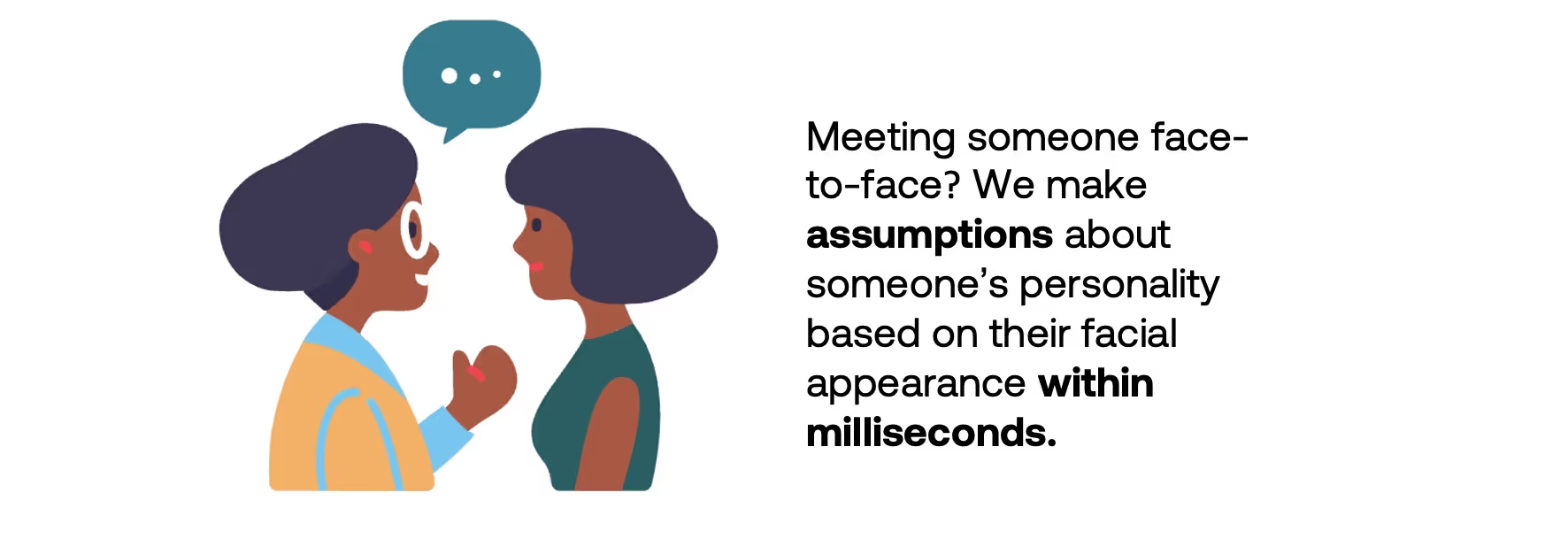
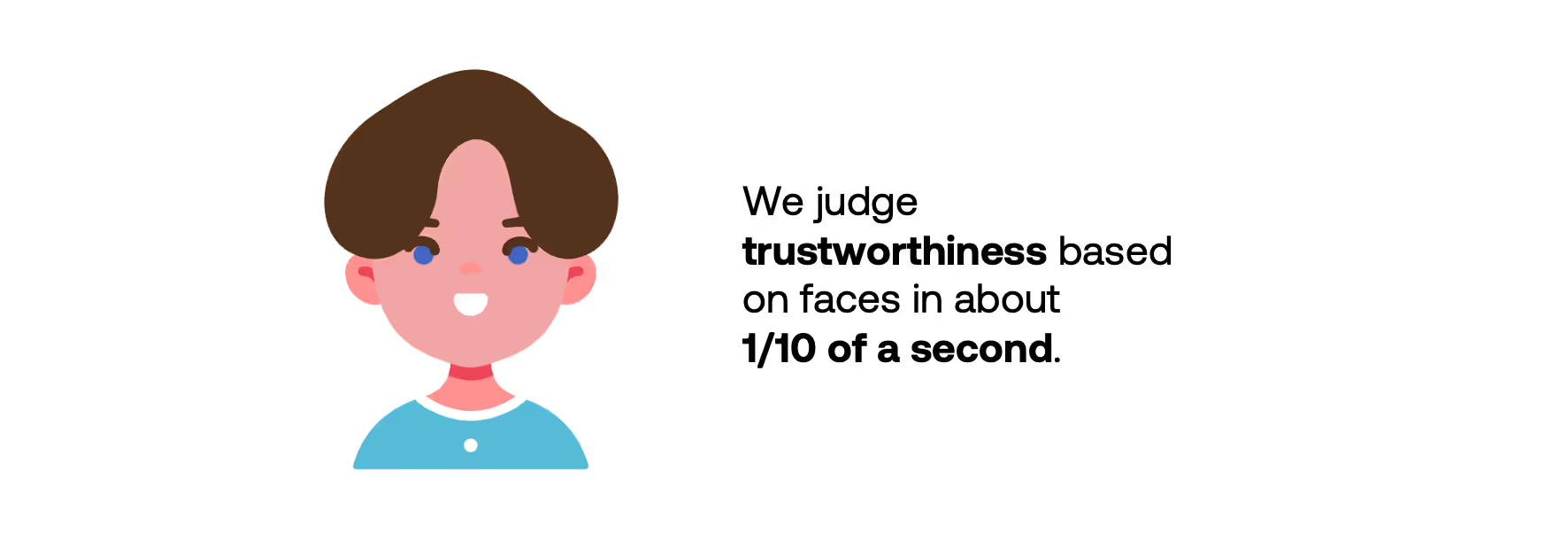
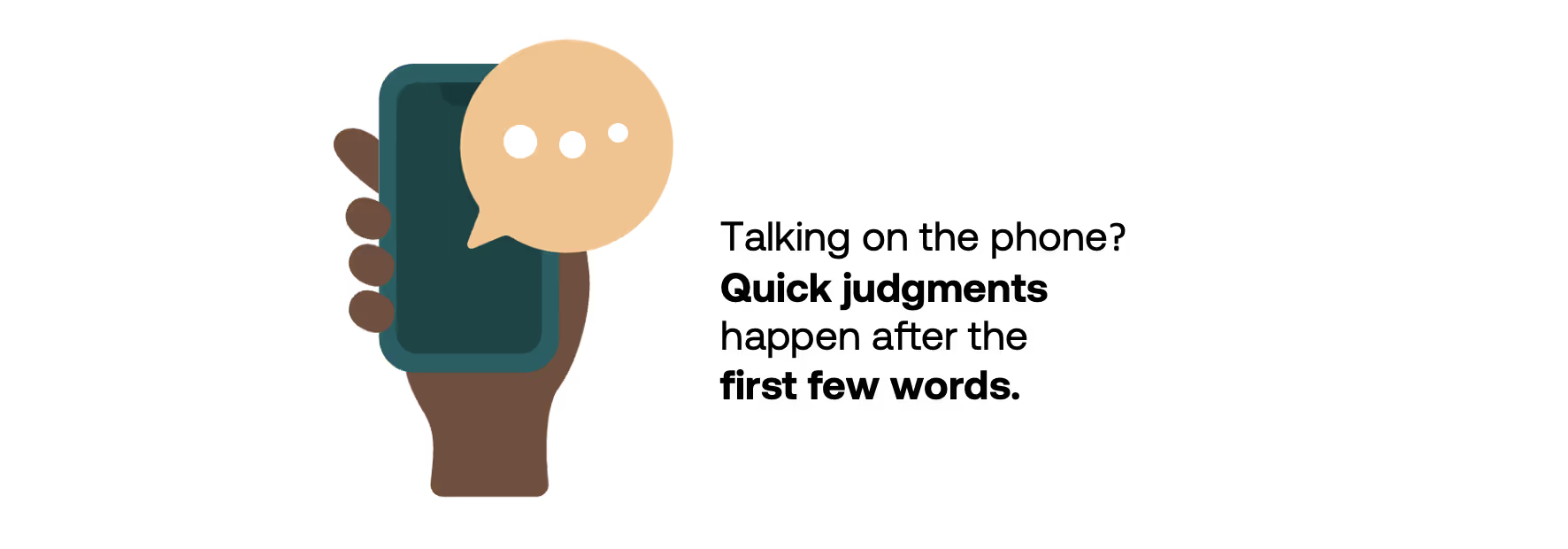
The place where someone lives? The condition of their pet? Our brains categorize people and fill us with assumptions in the blink of an eye. If we don't take the time to get to know a person, we will react based on quick judgments rather than who they are.
Our brain naturally creates these mental shortcuts, and high stress, fast-paced environments - like animal shelters- can drive us to lean on them even more.
Why We Need to Listen
At any given time, a pet owner deals with many things we aren't unaware of. Our brief interaction is no more than a snapshot into someone's day, a tiny pinhole of viewing into their life.
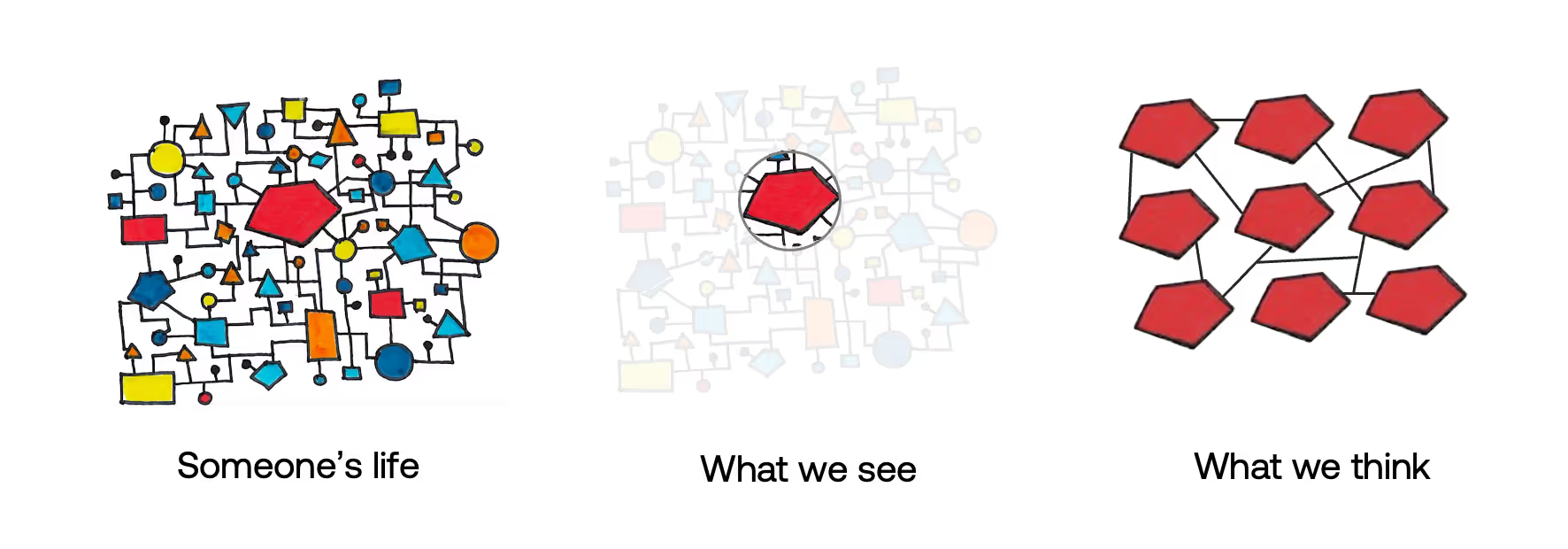
If we don't allow people to share their experiences and who they are, we will make decisions and act based on too little or incorrect information. That's where listening comes in.
When we listen with care, we become better messengers and advocates. Listening is how we collaborate across differences—with pet owners, colleagues, community members, and policymakers. To do our biggest and best work for animals, we must connect with people, and this starts with how well we are willing to listen.
The Power of Empathic Listening
In animal care and well-being, we need to practice Empathic Listening - actively listening to someone to understand their feelings, thoughts, and motives. When you develop empathic listening skills, you can keep interactions productive regardless of how you feel or what is happening around you. Listening is how you move beyond snap judgments and begin understanding the details of a person and pet's life.
Working with animals and people can be extremely hectic and stressful, but our ability to listen to pet owners is crucial. It is how we move beyond transactions and build relationships. It is the difference between mediocre care for animals and great care.
We can all become better listeners through practice. Empathic listening is not a skill you're born with; good listeners work at it. To help you strengthen this mental muscle, we've put together some tips and insights in Empathic Listening for Animal Care and Well-being.
____________________________________
Explore
Feeling like this all sounds nice and good but - Who has time to listen, really? We've asked and answered that question here.

